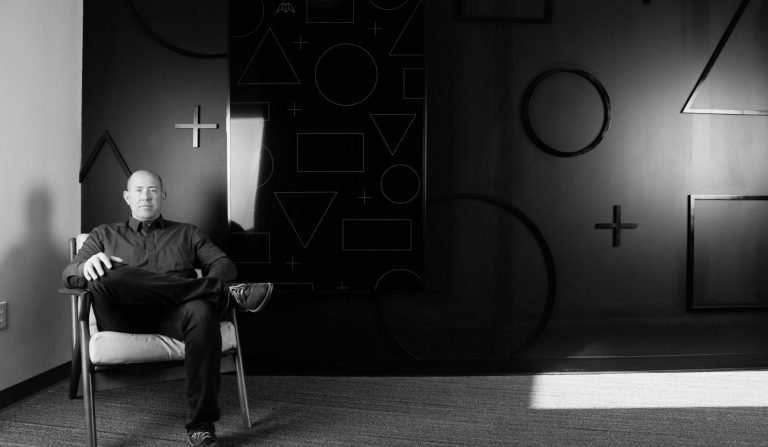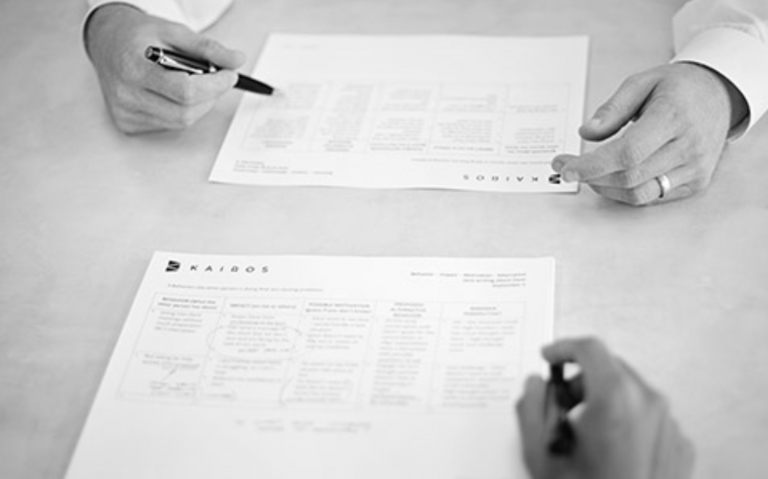
I used to forget to turn off the lights in my office. When my wife Kim noticed, she turned them off for me.
One day she got tired of this routine and stuck a post-it note on the light switch to remind me to flip it off when leaving. It started off as a joke, including a tally of how many times she had to deliver her “lights off service.” It was very effective, until I ripped it off the wall in frustration.
One day, after two months of success, I got two tic marks from Kim back-to-back. I had a surprisingly strong emotional reaction to this. I angrily pulled the post-it off the wall, crumpled it, and pitched it in the trash.
I’m not completely incorrigible, though. I still turn the lights off, even without the post-it reminder.
I’ll come back to this point.
A second story, related to the first…

I used to rave about the smartphone app DuoLingo, which helped me hone my French and Spanish skills. The app is gamified, so users get points for regular use and language proficiency. I had worked my way up to a 46-day streak of achievements. Then, on day 48, at 12:01am, I received a sad-trombone message notifying me that my streak had come to an end. I had accidentally slipped up and missed a day.
My attitude towards DuoLingo soured. That was 3 months ago, and I haven’t opened the app since.
The common theme in these two stories is that after some initial sustained compliance, I actively rebelled against the accountability.
Why? I have a theory:
Self-deception, when exposed, triggers defensiveness.
I thought I would perform well against both these assignments. Turn off the lights? Easy. Do some language homework on my phone each night? Piece of cake. It turns out I was fooling myself. Although I didn’t realize it at the time, my thinking went something like this: “I can submit to this. Success will affirm my ego. I’ll play along.” In both cases, if I’m going to be honest with myself, I thought I didn’t really need the accountability, until I did. I was play-acting submission to the accountability.
Failing at these tasks revealed the truth—I needed some outside help to keep me on track. I got resentful when my self-deception was exposed.
This is useful for me to understand, both as an individual who needs to be held accountable (to be alert to my own play-acting) and also as a leader who holds others accountable (to help others identify and deal with their own self-deception).
[Josh Davis, thanks for your insight into this dynamic.]
The difference between the two stories is that I continued with the desired behavior in one, but stopped cold turkey in the other. Why? On this one, I confess I’m a little stuck.
I have a handful of theories, none of which seem to fully explain my behavior. I’ve thought about it quite a bit. But before I reveal my ideas, I’d like to hear some more opinions. Perhaps you have an insight into this question that has been nagging at me:
Why do I still turn off my office lights religiously, while I have not continued with DuoLingo?
I’d love to hear your theories. Fire away, and I’ll post some more of my thinking later.












